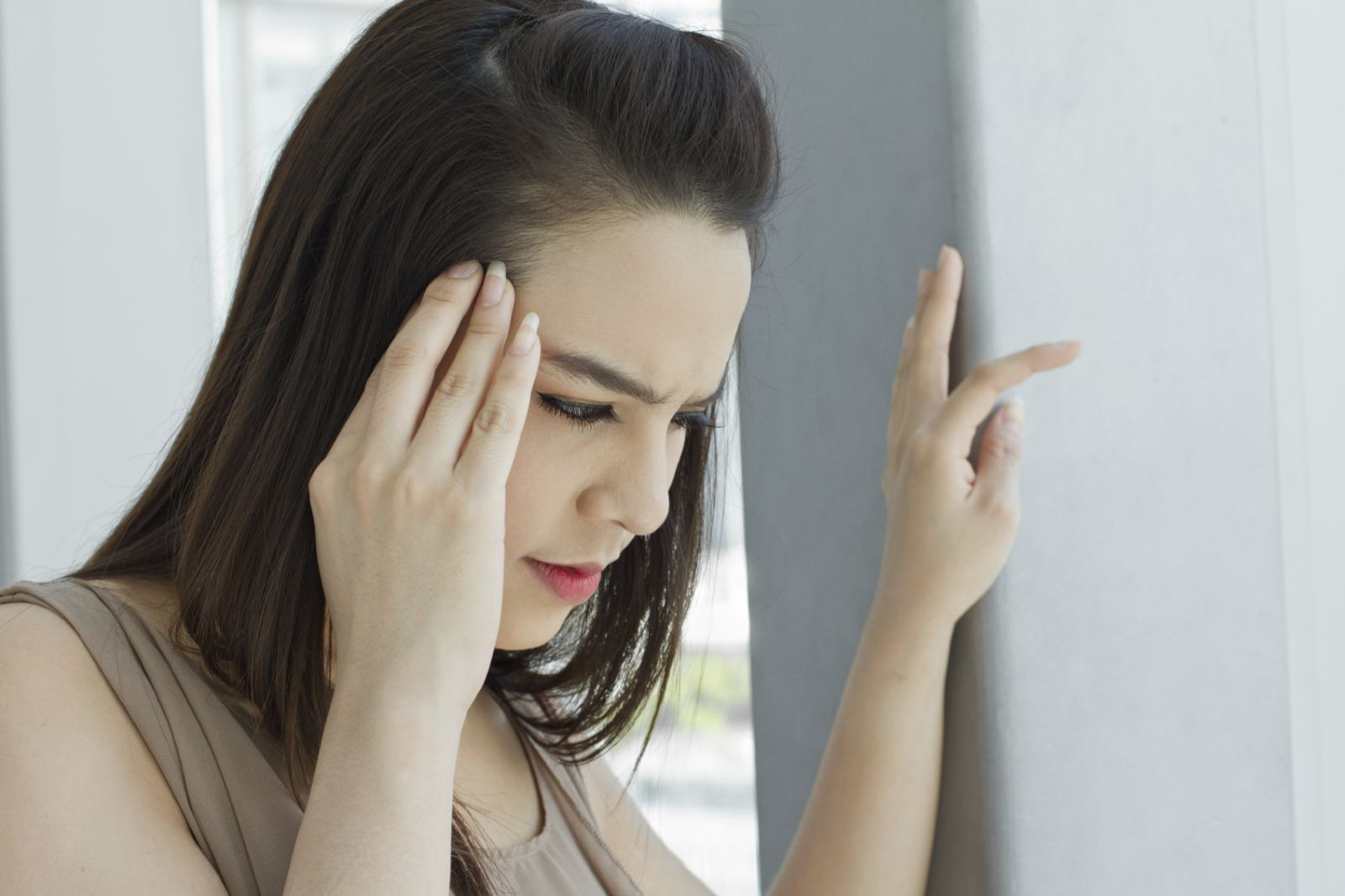Recent Articles

Foot pain: A look at why your feet might hurt

Matcha: A look at possible health benefits

Wildfires: How to cope when smoke affects air quality and health

Forearm workouts: Strengthening grip for everyday function

Depression symptoms: Recognizing common and lesser-known symptoms

Medication side effects: What are your options?

Independent living with home care assistance: Balancing autonomy and support

Dialysis: What to expect from this life-changing — and lifesaving — treatment

The BEEP program: Keep your balance

Hoarding: What to know about this mental health disorder
Medications Archive
Articles
Dizzy spells when you stand up: When should you worry?
Orthostatic hypotension is a drop in blood pressure when standing up. If it ever leads to loss of consciousness or a fall, it can be dangerous.
Treating female pattern hair loss
Hair loss is a surprisingly common problem for women, particularly after menopause. This condition is typically treated with a medication such as minoxidil, though other options are available, including hair transplant surgery.
Proton-pump inhibitors: What you need to know
Proton-pump inhibitors are the strongest type of medicine available for treating stomach acid. There is some concern about their potential side effects and interactions with other medications.
Lightheaded? Top 5 reasons you might feel woozy
Lightheadedness is a feeling of wooziness or faintness. It is commonly caused by dehydration, drug side effects, blood pressure drops, low blood sugar, heart disease, or stroke.
Appropriate use of testosterone therapy does not appear to raise prostate cancer risk
A 2023 study confirms prior research showing that men with low testosterone levels who use testosterone replacement therapy for 14 months are not at a higher risk for prostate cancer over the following several years.
Get ready for allergy season
Allergy season runs from around March through October. Tree pollen dominates in spring, grass in summer, and ragweed in late summer and early fall. In people with an allergy, pollen exposure can trigger the hallmark allergy symptoms: sneezing, watery eyes, stuffiness, scratchy throat, wheezing, and coughing. There are many ways to manage allergy symptoms, such as using over-the-counter medication, taking allergy shots or oral immunotherapy to help the immune system better tolerate allergens, and reducing one's exposure to pollen.
Medication disposal: How — and why — to do it safely
It's dangerous to keep unneeded or expired medications around the house. But it's bad for the environment to simply flush or throw away the drugs. It's best to dispose of them by bringing them to a drug take-back site (such as a drugstore or law enforcement office) or a medical waste collection site (such as the local landfill). As a last resort, it's okay to toss medications into the trash with careful preparation. The FDA recommends mixing medicines with unappealing substances, such as cat litter or used coffee grounds; placing the mixture in a sealable plastic bag or container; and throwing the bag or container in the trash.
Recent Articles

Foot pain: A look at why your feet might hurt

Matcha: A look at possible health benefits

Wildfires: How to cope when smoke affects air quality and health

Forearm workouts: Strengthening grip for everyday function

Depression symptoms: Recognizing common and lesser-known symptoms

Medication side effects: What are your options?

Independent living with home care assistance: Balancing autonomy and support

Dialysis: What to expect from this life-changing — and lifesaving — treatment

The BEEP program: Keep your balance

Hoarding: What to know about this mental health disorder
Free Healthbeat Signup
Get the latest in health news delivered to your inbox!
Sign Up











